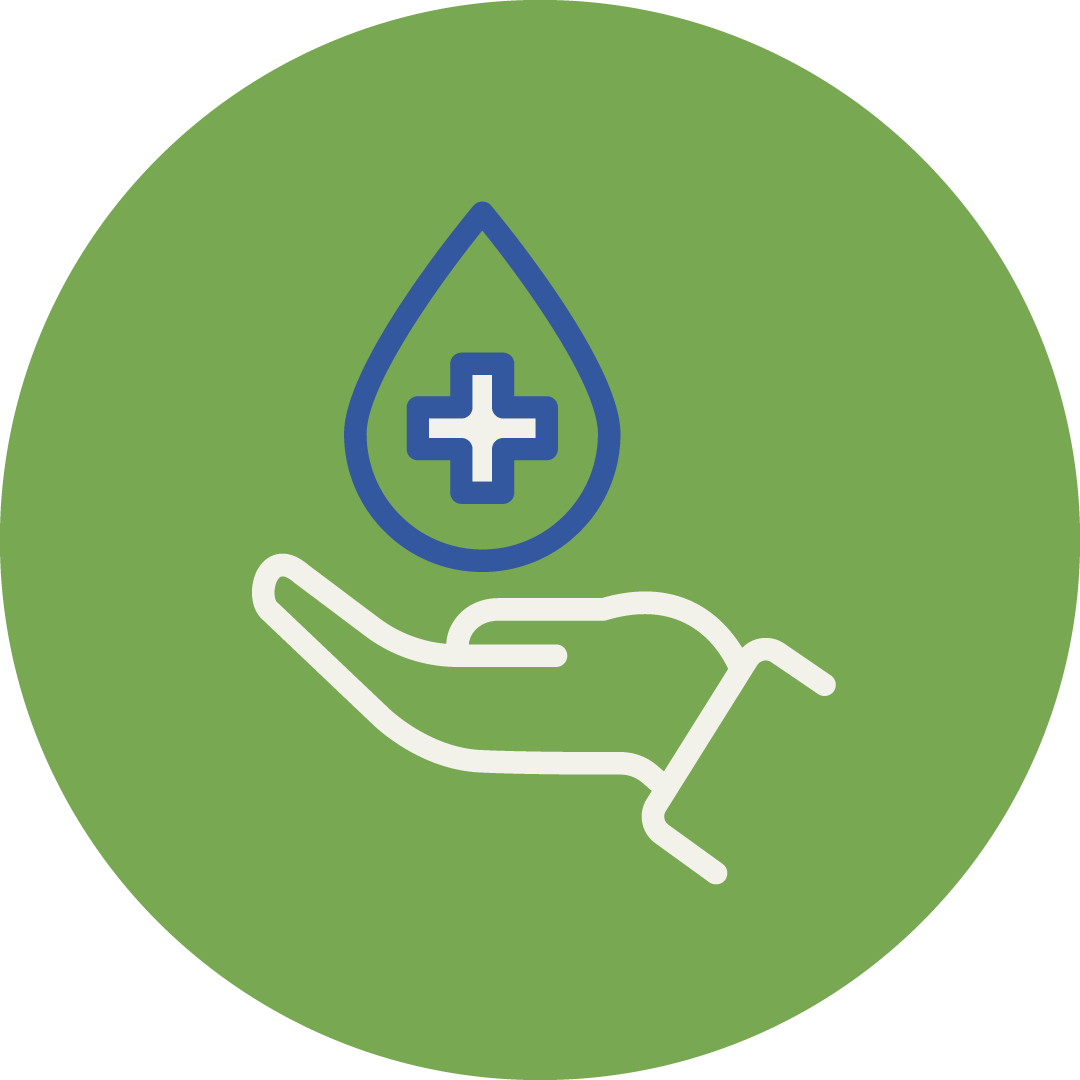


General Sanitation
Animal Quarantine and Vaccination Requirements
Improved rabies vaccination programs for domestic animals (cats, dogs, ferrets, etc.) and better treatment for people who have been bitten have dramatically reduced the number of human rabies cases in this country. The majority of recent human cases acquired in the U.S. have resulted from exposure to bats. In Kentucky, we have skunk and bat variant rabies. To prevent the spread of rabies to humans, keep your pet’s vaccinations current and avoid contact with wild animals.
Note: Dogs are still a significant source of rabies in other countries. Be aware of this risk when traveling outside of the United States and some regions nationally.
Control Rabies
Rabies-KRS 258.085
- Have your veterinarian vaccinate your cats, dogs, ferrets and selected livestock.
- Keep vaccinations current. Check with your veterinarian on the recommended frequency for vaccination.
- Reduce the possibility of rabies exposure by keeping your animals on your property. Don’t let your pet roam free.
- Don’t leave garbage or pet food outside, because it may attract wild or stray animals.
- If your animal has been in a fight or suspected fight with cuts and bite marks contact your vet for information.
- Wild animals should not be kept as pets. They are a potential rabies threat to their owners and to others. Observe all wild animals from a distance, even if they do appear friendly. A rabid animal may act tame. Don’t go near it.
If you have been bitten.
- Don’t panic, but don’t ignore the bite.
- Wash the wound thoroughly with soap and water.
- If possible, capture the animal or at least try to identify it before it runs away. Don’t try to pick the animal up. If the animal cannot be confined or if the animal must be killed to prevent or end the encounter, try not to damage the head of the animal. The brain will be needed to test for rabies.
- Depending on the severity of the bite, immediately contact your physician and then our department. The information needed is as follows: name, address, and phone number of animal owner, date of bite, victim’s name, victim’s address, victim’s phone number, and location of the bite on the body.
- All animal bites should be reported to the local health department.
Wildlife to Note
The following animals are NOT CONSIDERED LIKELY TO CARRY RABIES:
- Chipmunk
- Gopher
- Hamster
- Mouse
- Prairie Dog
- Rat
- Squirrel
- Gerbil
- Guinea Pig
- Mole
- Muskrat
- Rabbit
- Shrew
- Vole
Note: woodchucks are tested.
Indoor Air
Mold
Where is mold found?
Molds are fungi that can be found indoors and outdoors almost everywhere in the environment. Mold can grow year-round but grows better in warm, humid conditions.
In the home, mold is almost always present in the air but tends to grow best in areas with high humidity levels, like bathrooms and basements. There are thousands of different species of mold, but the most common indoor molds include Cladosporium, Penicillium, Alternaria and Aspergillus.
Is mold exposure harmful?
There is no established health exposure limit for mold but some people are sensitive to mold. For these people, exposure to molds can lead to symptoms such as stuffy nose, wheezing, and red or itchy eyes, or skin. People with mold allergies, lung conditions, or who have a compromised immune system can have more intense reactions.
Private Potable Water
A Certified Inspector for the health department may, upon request, sample private water wells and cisterns for coliform bacteria through the state public health laboratory. Sampling may be done on Monday, Tuesday, or Wednesday for submittal to the lab. The state charges a sampling fee of $50 for private water testing. Persons wishing to have their water tested for other contaminates should contact a private water laboratory.
The health department may waive the sampling fee when the sampling is done in conjunction with a disease investigation.
Nuisance
Nuisances can be many different things to different people. KRS 212.210 states that the health department “may examine into all nuisances that may, in their opinion, be injurious to the health of the inhabitants”. Some of the things that may, from our standpoint, be considered a nuisance are the illegal dumping of organic garbage, old tires, standing water and leaking sewer or septic lines, to name a few.
Not everything that may upset you or be unsightly can be considered a health hazard. Sometimes problems can be better addressed by city ordinances that may more specifically target the issue.
Bed Bugs
Contact or Schedule an Inspection:
To report a sanitation concern or request an inspection, please contact your local county health department using our contact page.
Resources
Associated Staff




